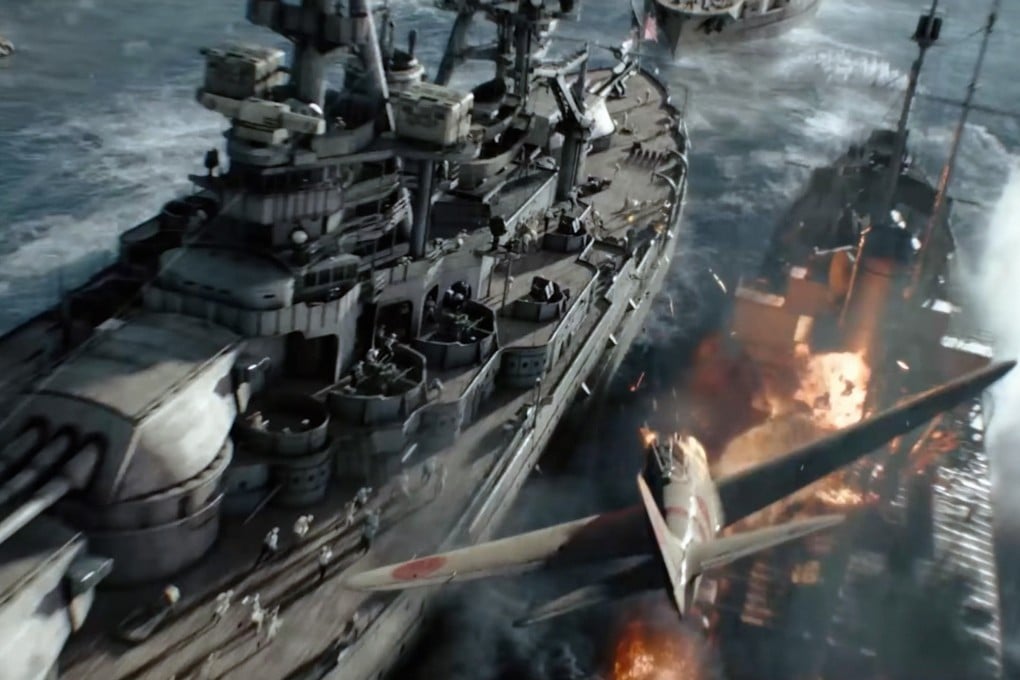The Projector | How an American war film, Midway, got past Chinese censors when home-grown ones have been pulled
- Roland Emmerich’s Midway secured approval for a general cinematic release in mainland China this week
- However, domestic war films such as The Eight Hundred and Liberation remain in limbo

Recounting a United States naval fleet’s triumph over its Japanese counterpart in a four-day battle in the Pacific in June 1942, during World War II, Roland Emmerich’s latest outing is being marketed as a celebration of America changing “the fate of the world”.
Somehow, however, Midway secured a general release in mainland China on November 8, the same day it opens in cinemas in North America.
It certainly helps that Midwayis partly financed by Chinese money. Speaking to the media ahead of the film’s release, Emmerich – the Hollywood hitmaker behind action blockbusters such as Independence Day (1996) and The Patriot (2000) – said he travelled to China to hunt for support after American studios balked at the US$125 million budget.
Emmerich found financial backing from Ruyi Films, the Shanghai-based outfit behind domestic hits such as Tiny Times (2013) and Detective Chinatown (2015). He also signed a multiple-film deal with Starlight Culture Entertainment, joining the Hong Kong-listed company’s high-profile roster of filmmakers, which – according to its website – includes James Wan, Robert Zemeckis and Sylvester Stallone.
